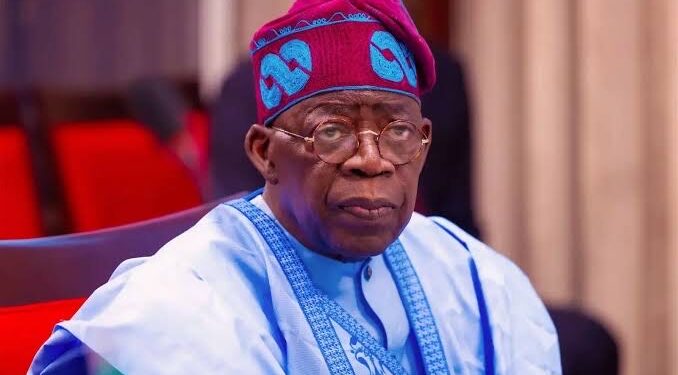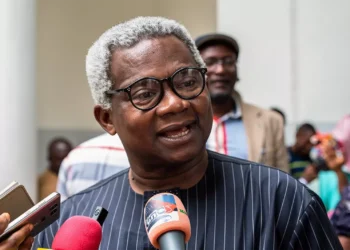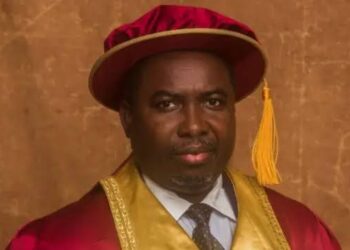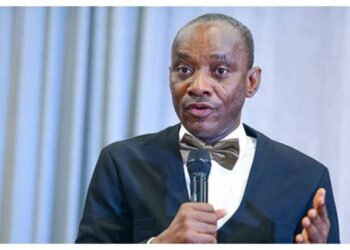President Bola Tinubu has corresponded with the House of Representatives to request authorization for the reimbursement of N24 billion expended on the construction of airports by the Nasarawa and Kebbi state governments.
President Tinubu’s entreaty was communicated through a letter directed to the Speaker, Tajudeen Abbas, and was articulated during the plenary session by the Deputy Speaker, Benjamin Kalu, yesterday.
As per the communication, the Kebbi and Nasarawa state governments are slated to receive refunds of N15 billion and N9 billion, respectively.
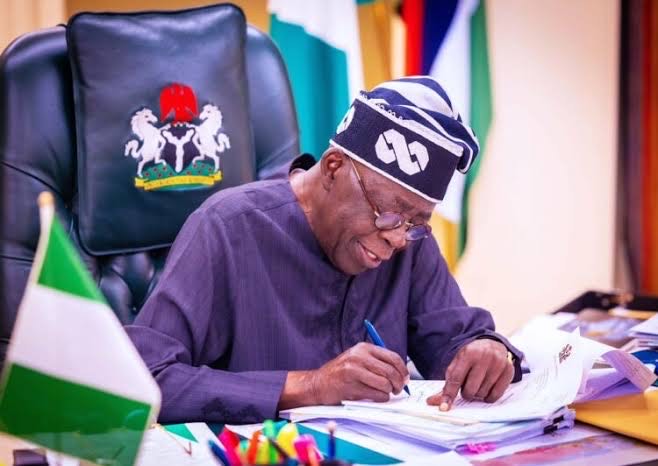
The correspondence stated: “Initiation of a promissory note program in favor of the Kebbi and Nasarawa states governments for the repayment of the respective expenses incurred in the construction of newly established airports in those states, which have now been assumed by the Federal Government.
“The House of Representatives is called upon to acknowledge that during the Federal Executive Council (FEC) meeting held on May 23, 2023, the following approvals were granted:
“A promissory note amounting to N9,000,542,651,786.11 is to be issued to the Nasarawa State Government as reimbursement for the assumption of the newly constructed Nasarawa Airport.
“A promissory note totaling N15,137,336,95.88 is to be issued to the Kebbi State Government as reimbursement for the assumption of the Birnin Kebbi International Airport.
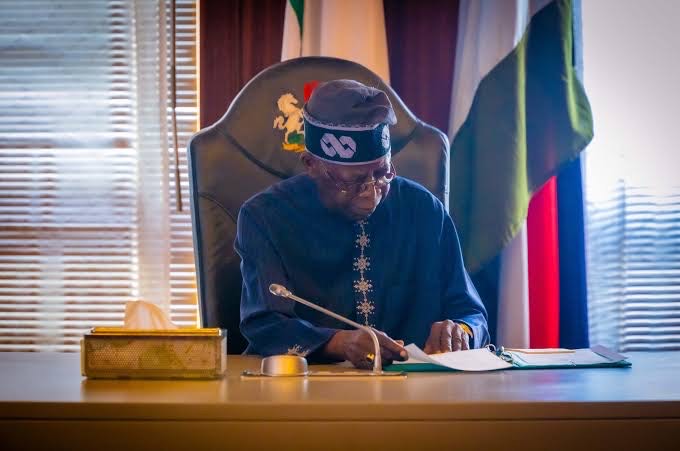
“The House of Representatives is hereby informed that according to item three of the second schedule of the Constitution of the Federal Republic of Nigeria, 1999, as amended, aviation matters, including airports, aircraft safety, and air transportation of passengers and goods, are under the exclusive legislative purview.
“As a result, the ownership, regulation, and oversight of airports in Nigeria are under the sole jurisdiction of the Federal Government.
“In view of the foregoing, I implore the House of Representatives to deliberate upon and grant concurrent approval for the implementation of the promissory notes program in favor of the Kebbi and Nasarawa states governments, respectively.”
By: Nwakaji Peace Martins


